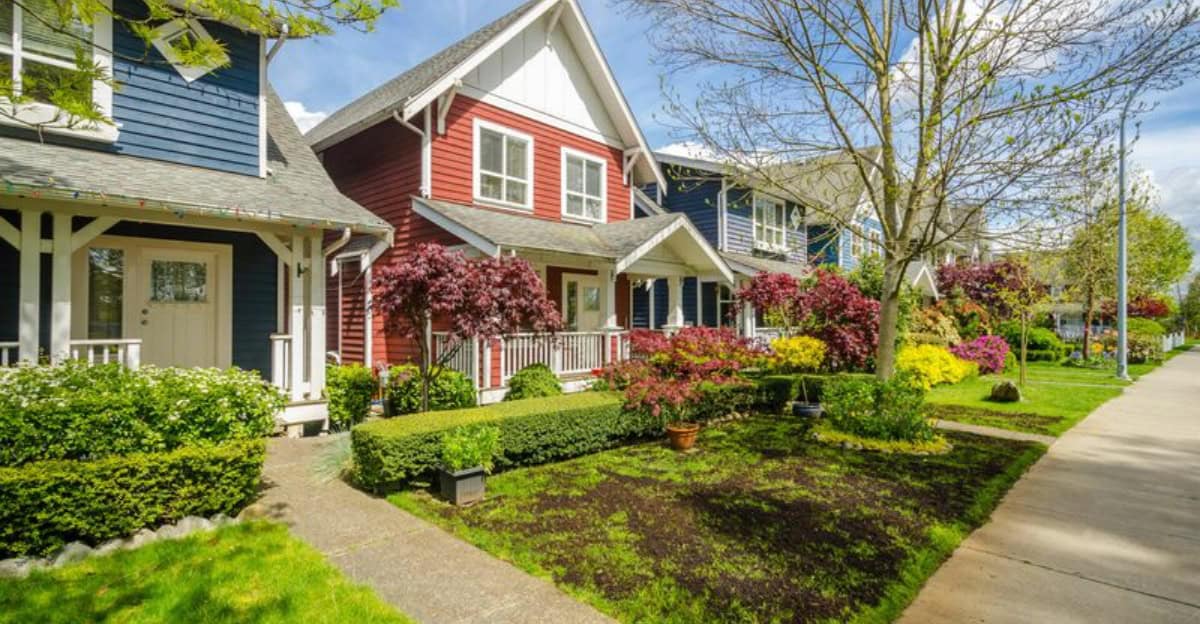Attending a property viewing is an exciting yet crucial step in the process of finding your perfect home.
It’s a chance to evaluate the space and envision your life there. Asking the right questions can help you make an informed decision and avoid potential pitfalls.
Here are 10 questions that should be at the top of your list.
1. What is the property’s history?
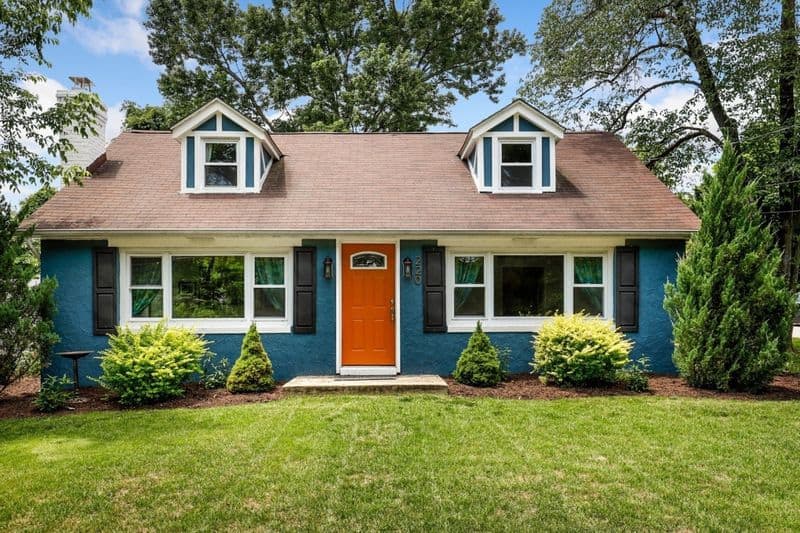
Understanding the property’s history can reveal potential red flags or advantages. Ask about previous ownership, any significant renovations, or historical significance.
This knowledge not only informs you about the property’s past but also how it has been maintained.
You may discover charming details like original fixtures or significant improvements that add value. Conversely, frequent ownership changes might indicate underlying issues.
By asking about past uses or renovations, you’ll learn about any work done, helping you assess the current condition.
Be sure to inquire if there have been any major repairs or structural changes affecting functionality.
2. Have there been any disputes with neighbors?
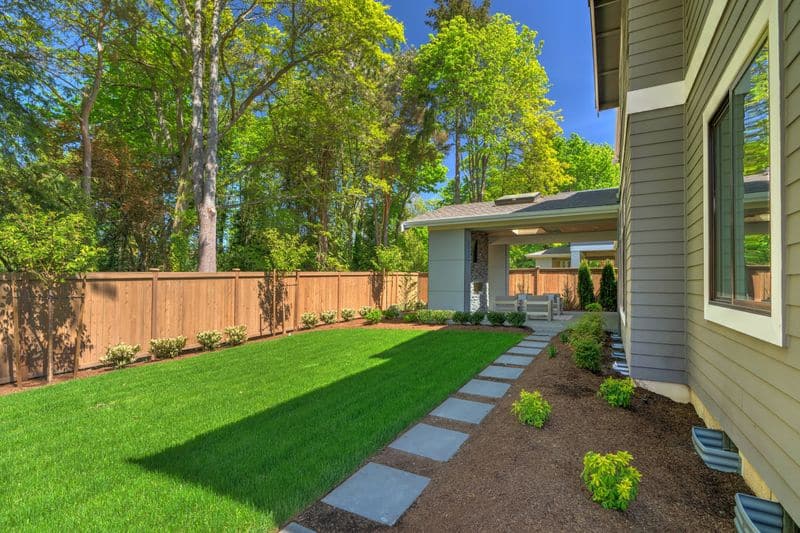
Disputes with neighbors can affect your peace and enjoyment of the property. Ask the seller or agent if there have been any past issues or ongoing tensions.
Understanding these dynamics can prevent future conflicts or reveal potential deal-breakers.
Issues could range from boundary disagreements to noise complaints. Being proactive in addressing these concerns can save you from future headaches. Speak with neighbors to gauge community relations.
Resolving disputes amicably or knowing their nature helps maintain a pleasant living environment, ensuring your comfort and satisfaction in your new home.
3. Why is the owner selling?

Knowing why the property is on the market can provide insight into its condition or the neighborhood vibe. If the owner is relocating for a job, it might be unrelated to the property’s quality.
However, if they’re moving due to noisy neighbors or community changes, it’s worth considering. Sometimes, sellers need quick sales due to financial issues, which might mean a good bargain.
On the other hand, if the property has been listed for a long time without a sale, there could be underlying concerns. Understanding the seller’s motivations can guide your decision-making process.
4. Are there any known issues?
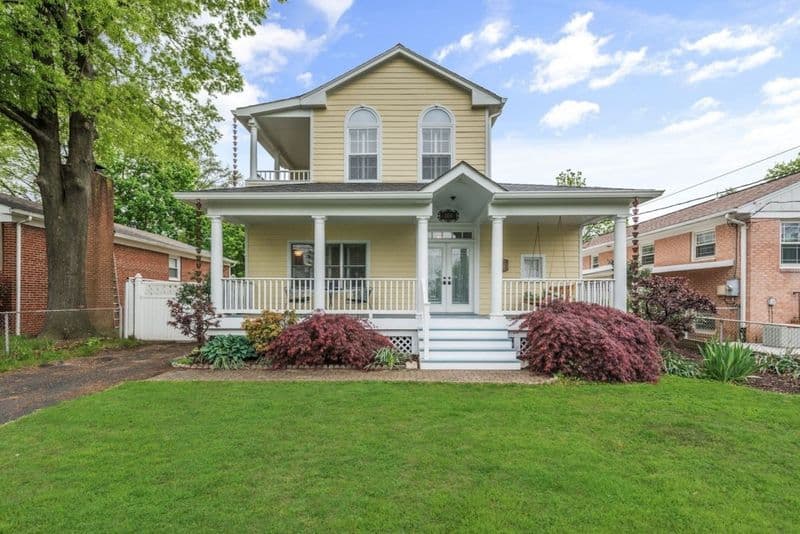
It’s crucial to ask about existing issues, both big and small, as they can impact your decision to buy. Inquire about any structural problems, pest infestations, or plumbing troubles.
Knowing these issues upfront allows you to budget for repairs or negotiate the asking price.
Sellers might disclose information about leaky roofs, outdated wiring, or past water damage. Ensure you ask for any reports or documentation related to inspections.
It’s also wise to have your independent inspection to verify the seller’s claims, providing peace of mind before finalizing a purchase decision.
5. What is included in the sale?
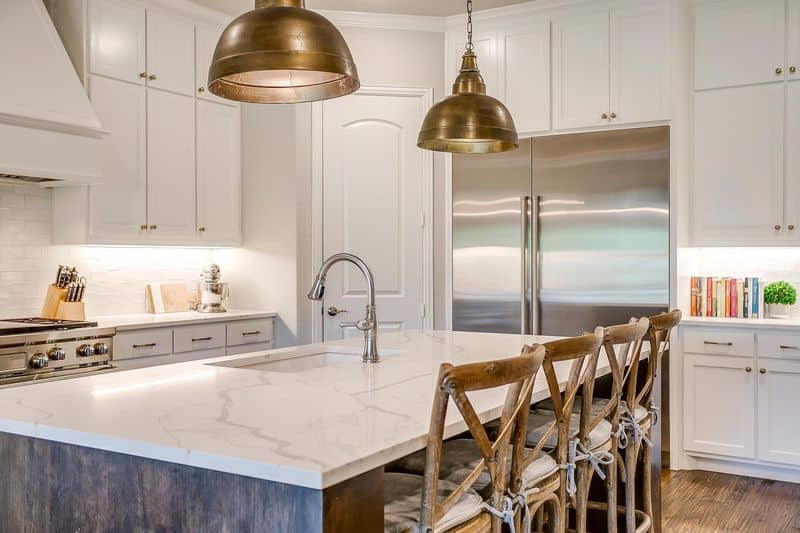
Clarify what fixtures and fittings are included in the sale to avoid misunderstandings later. Items such as kitchen appliances, light fixtures, or garden sheds might significantly impact your decision.
Determining what’s included helps in assessing the home’s value and planning additional purchases.
You might find that certain essentials are not included, requiring further investment after purchase. Knowing what stays with the home can save you time and money in the long run.
Always get an inventory list confirmed in writing to prevent any discrepancies at closing.
6. How old are the major systems?
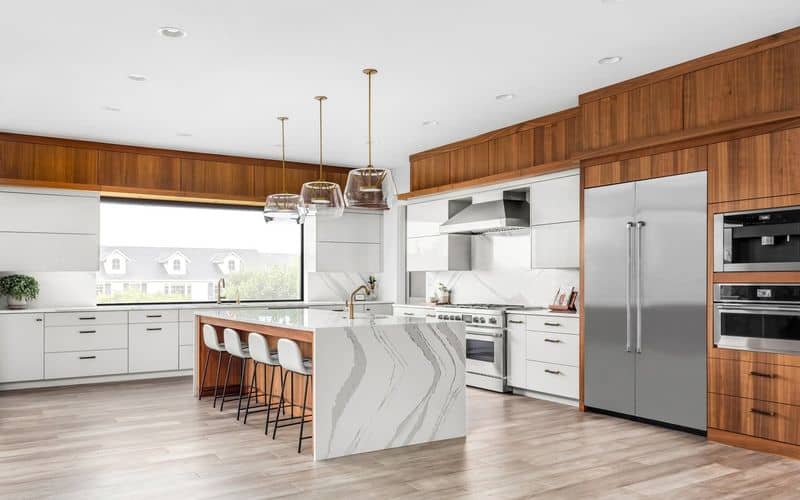
Inquire about the age and condition of major systems such as heating, plumbing, and electrical. Older systems may need replacements soon, impacting your budget.
Knowing the age can help plan future upgrades or maintenance.
Newer systems might indicate lower initial costs, but older systems could be robust if well-maintained.
Ask for documentation of past repairs or upgrades, which might provide insights into future maintenance needs. This information can be a bargaining tool during negotiations, helping you secure a better deal.
7. What is the neighborhood like?
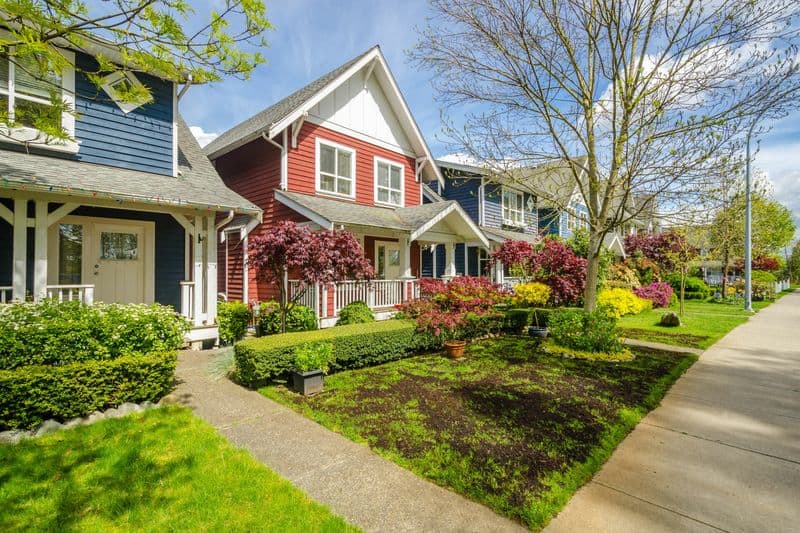
Understanding the neighborhood’s character is essential, as it directly affects your lifestyle. Inquire about the community, schools, amenities, and safety.
Ask about noise levels, traffic, and public transport options.
Visiting at different times of the day can provide a thorough perspective. A neighborhood with vibrant amenities might enhance your living experience, whereas areas with safety concerns could deter you.
Speak to neighbors if possible, as they offer genuine insights. This question isn’t just about the property—it’s about your potential everyday surroundings.
8. Are there future developments planned?
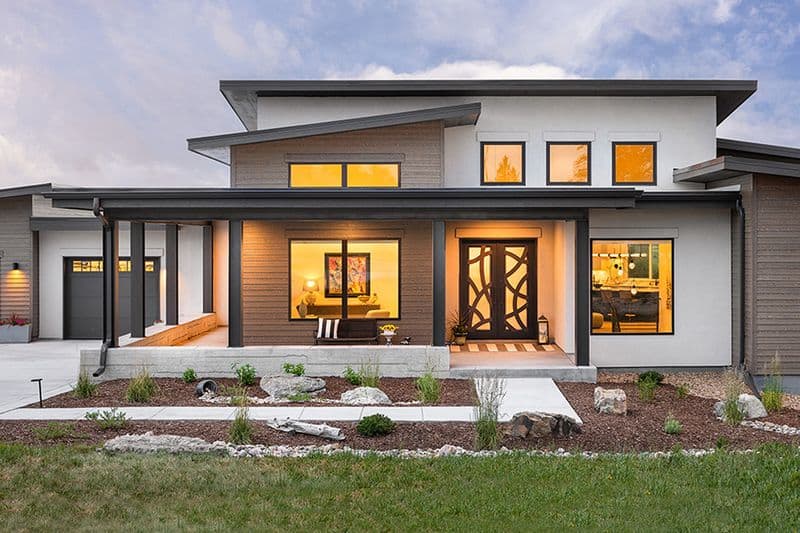
Future developments can greatly impact property value and quality of life. Ask about any planned construction or changes in zoning laws in the area.
New projects might mean better amenities, but could also bring noise and traffic congestion.
Understanding these plans helps in assessing long-term investment value. If major commercial or infrastructural developments are planned nearby, they could affect your daily life or increase the property’s worth.
Checking with local planning departments can provide detailed information about upcoming changes, helping you make an informed decision.
9. How is the water pressure?
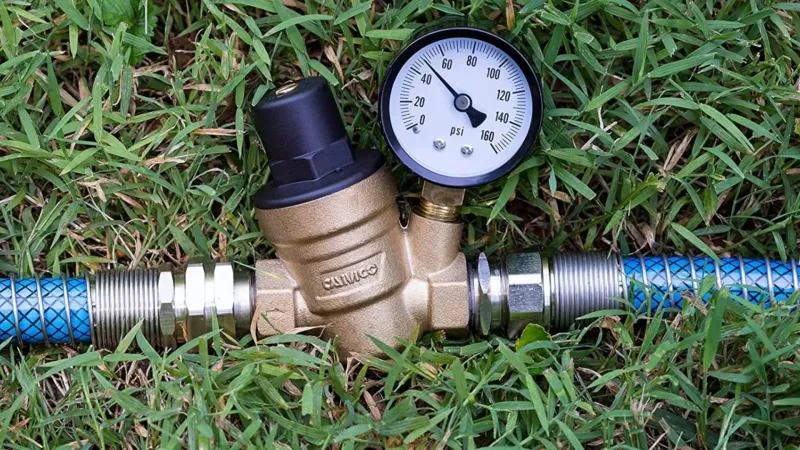
Check the water pressure by turning on taps and showers during your visit. Low water pressure might indicate plumbing issues that could require costly repairs.
Reliable water pressure is crucial for daily convenience, from washing dishes to taking showers.
If the pressure seems inadequate, ask if this is a known issue and what solutions are available.
Sometimes, simple fixes like replacing a valve can solve the problem, but major plumbing overhauls might be necessary. This seemingly minor detail can affect your quality of life significantly.
10. What are the average utility costs?
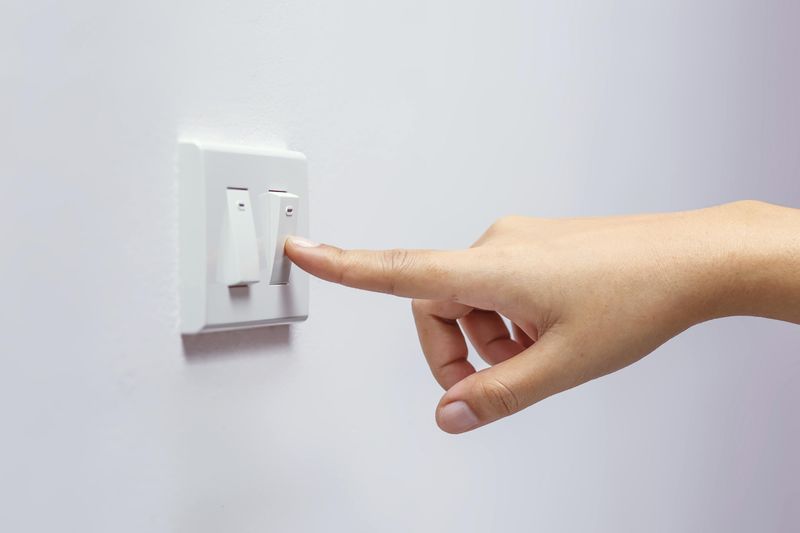
Inquire about the average utility costs to understand ongoing expenses associated with the property. This includes electricity, water, heating, and cooling.
Knowing these costs helps budget monthly expenses and anticipate fluctuations.
High bills might indicate poor insulation or outdated systems. Ask for past bills or estimates to get an accurate understanding.
Being aware of these expenses can prevent financial surprises later. Efficiency upgrades, such as better insulation or energy-efficient appliances, could also be considered to manage costs effectively.

